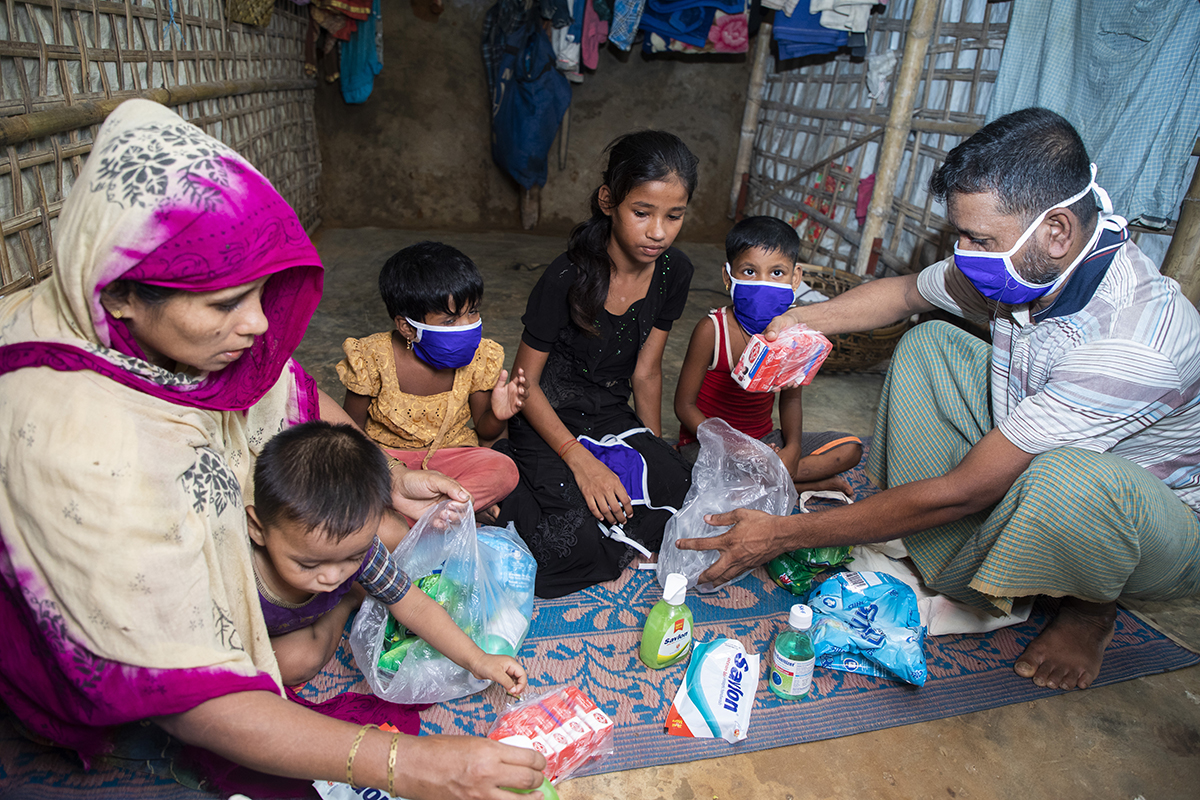
Three years after the brutal violence in Myanmar that led to the mass exodus of Rohingyas to Bangladesh, vulnerable Rohingya children are facing an extremely uncertain future as schools and learning facilities remain closed indefinitely amid the global pandemic, says Educo child rights organization.
A recent survey led by local organization SKUS with support from Educo to find out needs and challenges of Rohingya children during the pandemic revealed that majority of children have been coping with school closures by learning on their own without adequate learning materials or very little guidance from educators as to how they can continue learning at home.
Matiur Rahman, Educo Cox’s Bazar emergency response Head of Mission says: “Despite the ordeal that they went through three years ago, Rohingya children and their families have endured the hardships to start anew in the refugee camps. Even before the pandemic, adolescents and youth have had limited access to relevant education, vocational and life skills learning in the camps. But this pandemic is threatening education efforts made by agencies to help children access informal education.”
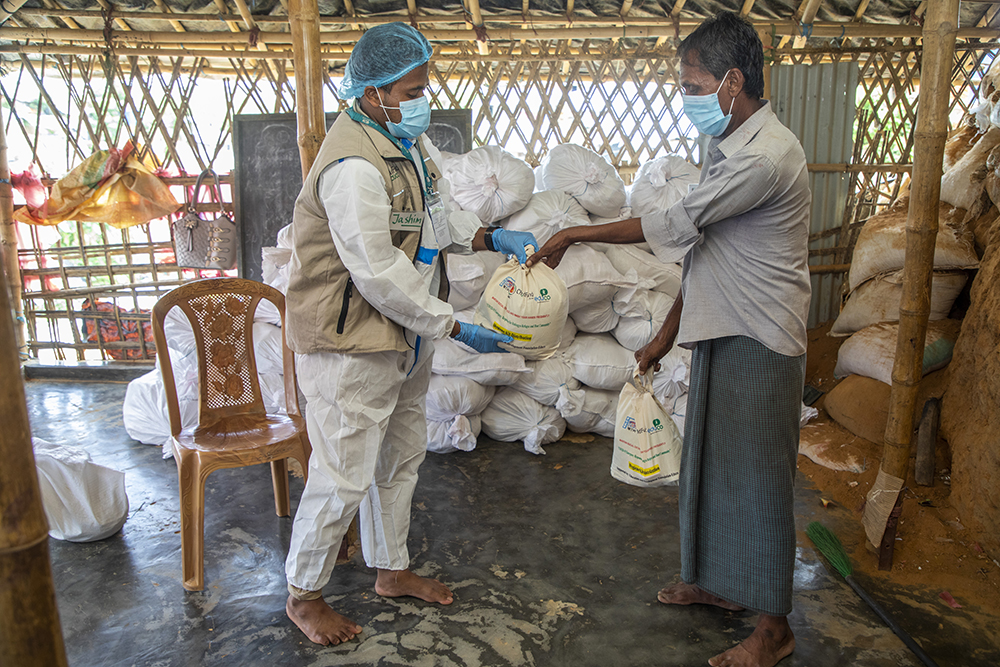
A Rohingya refugee living in Cox’s Bazar receives hygiene kit (including masks, sanitizers, soap, detergent) from Educo and Childfund Korea. Photo credits: Educo/Saikat Mojumder
Rahman adds: “We need to adapt our assistance to children during this critical period by providing effective in-home learning strategies and exploring opportunities for children to learn through radio and the internet to enrich their learning. Our fear is that the reduction of informal education services and limited child protection services in the camps put children at greater risk of forced early marriage, child labor, and physical and sexual violence.”
Kasmin Ara, 12, a Rohingya teen living in a camp in Cox’s Bazar, told Educo in an interview how her life drastically changed since the pandemic:
“Before the coronavirus pandemic, I used to go to a learning center to study tailoring, how to cut and sew clothes. I really enjoy sewing, and learned many types of clothes design.” She added: “Due to coronavirus pandemic, all learning centers were closed. I miss my friends in the tailoring center. If the outbreak didn’t happen, I would have completed my lessons and become a tailor by now.”
Another Rohingya teen, Josmin Ara, 12, told Educo about how the pandemic has impacted her studies and her family’s livelihood:
“Before the coronavirus pandemic, my father would go out for work outside of camp as a day laborer. We had a source of income and support to fulfill our needs. But due to the coronavirus infection, the whole area went down on lockdown. We are facing difficulties in meeting our basic needs.” She added: “I felt anxious and helpless because in our community…we don’t know exactly what will happen. We already faced a crisis in 2017. Again, another crisis is going to happen.”
A Rohingya parent also shared her fears about the future: “We found a little refuge, our home, but now we are faced with a new danger, coronavirus, and it is terrifying”. The family survives on rice and pulses: “It is very difficult to earn money and buy food for our children”.
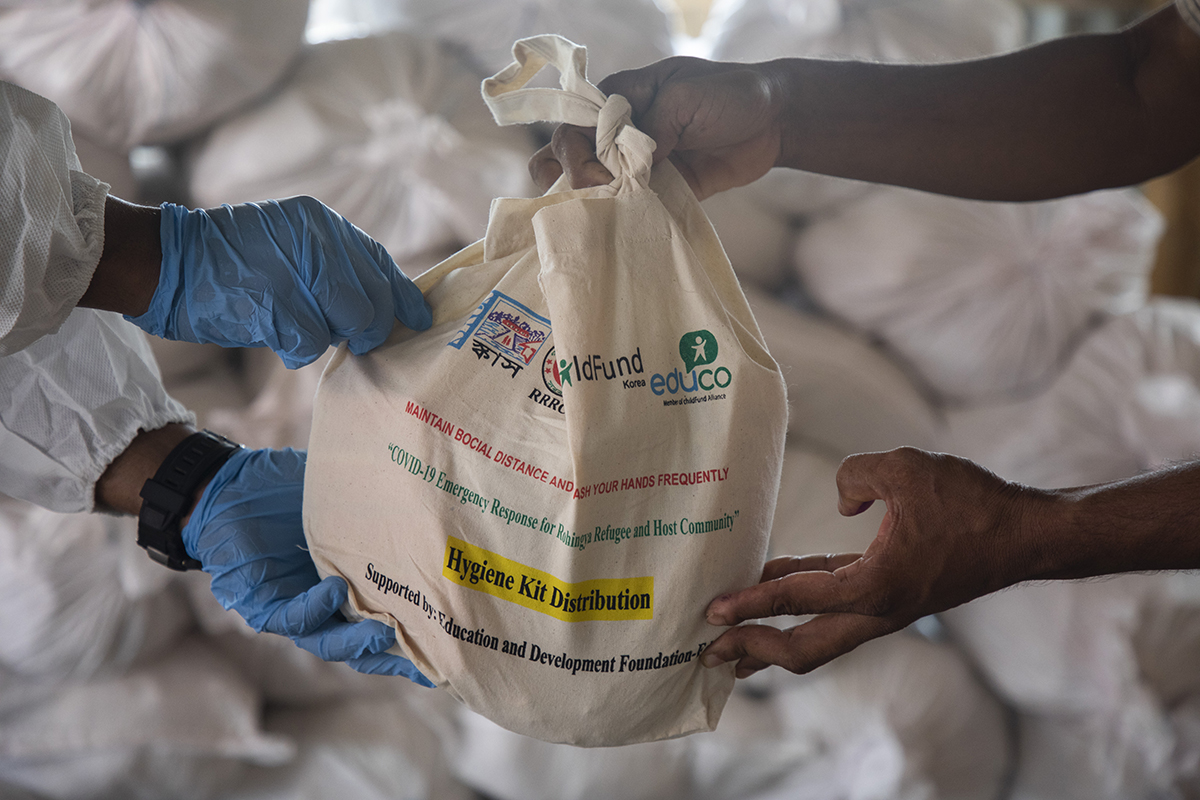
Hygiene kit distribution as part of coronavirus emergency response (including masks, sanitizers, soap, detergent) of Educo and Childfund Korea. Photo credits: Educo/Saikat Mojumder
Since 2018, Educo has been supporting Rohingyas living in Cox’s Bazar, helping vulnerable Rohingya girls access protection services in the camps. When coronavirus hit Bangladesh, Educo and Childfund Korea immediately launched a COVID-19 emergency response in Cox’s Bazar to help Rohingya families and the host community protect themselves from the coronavirus. So far, Educo and Childfund Korea’s joint coronavirus emergency response have reached total at least 15,000 children, through the provision of hygiene kits, including masks, soaps, detergents, and sanitizers, to 2,500 households and unconditional cash support worth 5,500 BDT to each of 500 households in the host communities, and distribution of 200 medical-grade personal protective equipment (PPEs) to Ukhiya health complex and Cox’s Bazar civil surgeon local health institutions. Educo has also reached at least 12,000 children and adults through home visitations and small group orientation meetings, providing them reliable information on COVID-19 prevention and child protection messages amid the lockdown.
Across Bangladesh, Educo has reached at least 100,000 children and adults by distributing life-saving food packs such as rice and pulses, hygiene kits and protective materials, distribution of cash support to struggling families, and dissemination of reliable COVID-19 information in worst-hit areas.
Abdul Hamid, Country Director of Educo Bangladesh said: “In Bangladesh, about 90% of daily wage earners are engaged in the informal job market. Every day, we see people losing their jobs and children at an increased risk of starvation. Cases of violence against children, women, and girls are likely to increase in the country as the coronavirus crisis drags on. But if we come together and support one another with hope and courage, we will be able to get through the hurdles.”

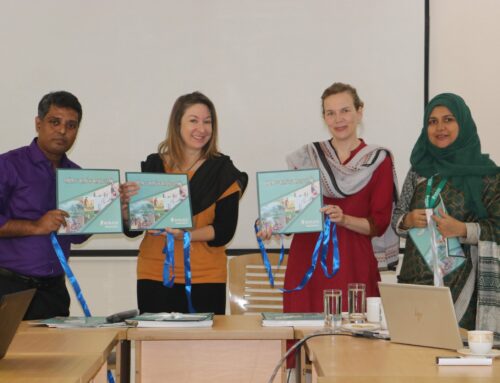
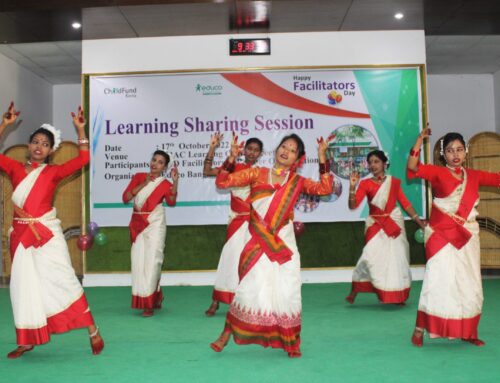
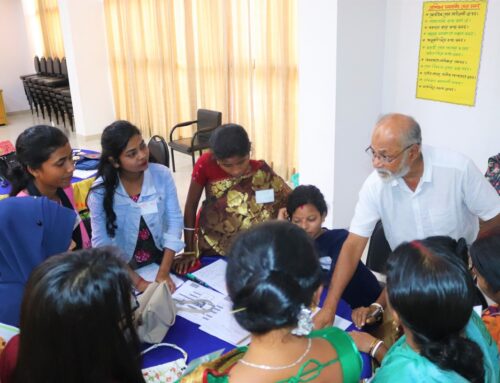

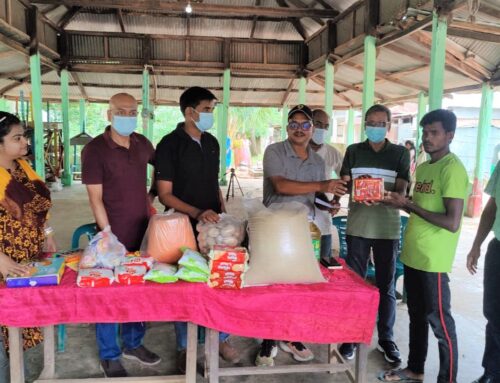
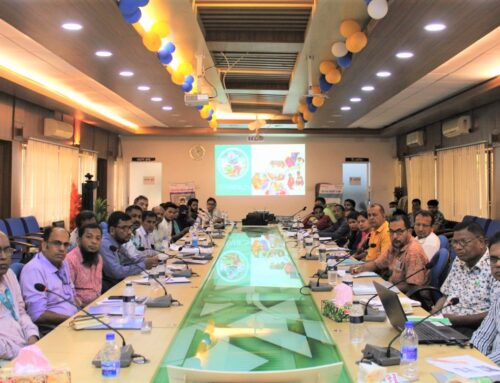
Leave A Comment